I think most of us dream about quitting our job to wander around the world.
Even travel writers would like to pack a bag and leave the damned laptop at home for a change. We all dream because it’s a spectacular thing to do, not to mention occasionally transformative; there are some experiences you can only have with the time to move more slowly. Besides, who wouldn’t want to spend six months outside the office?
Quitting my job to travel worked for me because I saved carefully and needed a fundamental change, but it’s not the right answer for everyone. Like any other big decision it comes with ups and downs, and by now I’ve put enough years and countries under my belt to see most of them. What’s good? What’s bad? These are the best and worst parts about quitting your job to travel the world.
Best Of
Freedom
The best “best of” here. No job means no boss and more time. More time means more temples, more food, more people, more everything. If all good things must come to an end, at least leaving the office behind means putting that off a little bit longer. There’s always one more island to see, and traveling without a deadline usually offers a little more time to get there. To hell with blonds, the drifters have more fun.

The freedom to go places you might have missed.
Surprises
Long term travel leaves room for the unexpected. A vacation, by its nature, needs structure. Who knows when you’ll next come back to Peru, and seeing Machu Picchu, the Nazca Lines and Lake Titicaca all in 10 days takes planning. Travelers who have months to spare can ditch that structure and embrace the unplanned experiences that make all the dorm beds, unwashed laundry and shoestring budgets worth it.
Opportunity
I’ve lost count of the expats, bartenders, NGO workers and couples I know scattered around the world who just went away “for a while” and ended up doing something extraordinary. This is a chance for a reboot and a chance to ask that all-to-rare question, “what do I really want?” Whether it’s changing careers, changing cities or never coming back at all, it’s a lot easier to reconsider life back home from a little bit of distance.
People
Long term travel leaves room for the unexpected.
Risk
Teddy Roosevelt once said, “far better is it to dare mighty things, to win glorious triumphs, even though checkered by failure, than to rank with those poor spirits who neither enjoy nor suffer much, because they live in a gray twilight that knows not victory nor defeat.” Quitting, for any reason, is a big roll of the dice. That goes double when you add travel into the mix. You never know where the road will take you, how it will end or into whose bed you’ll trip along the way. Walking out that door is Courage 101, which is sometimes exactly what we didn’t know we needed.
Worst Of
Risk
But you may still fail. Risks that end well make it look like the only thing between you and happily-ever-after is a little bit of courage, but things don’t always work out. It’s why millionaire drop outs make great stories but terrible role models. One Harvard evacuee went on to found Microsoft, yes, but the rest spend a lifetime fudging their resumes. It’s the same with quitting your job to see the world: breathtaking during quiet evenings watching the sun set over the Tonle Sap, not so much when that story ends in Mom and Dad’s basement eight months later. Risks, it turns out, suck when they fail.
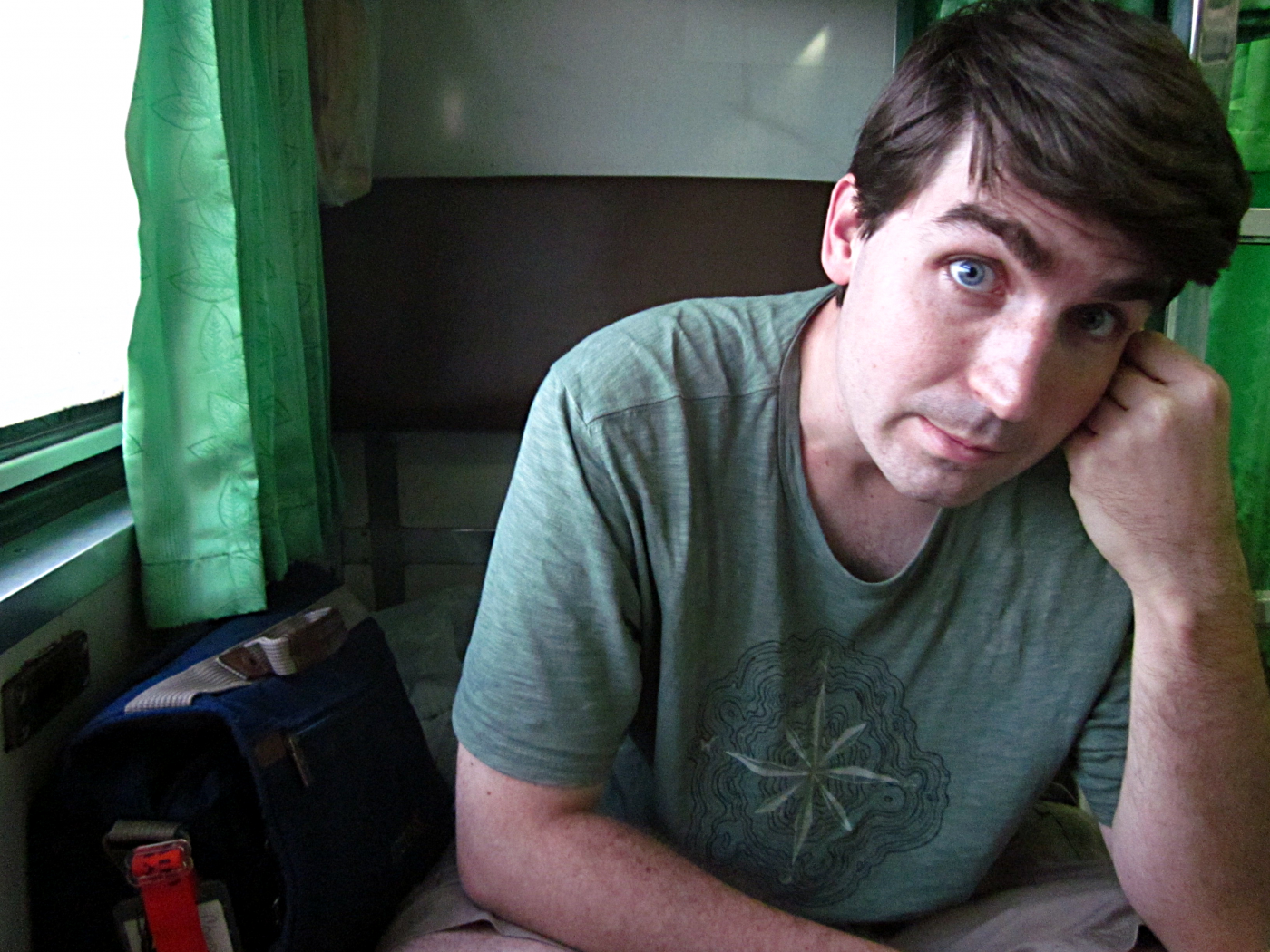
Considering my retirement options.
The Myth
Who doesn’t want to run off across the world? This is the myth of travel as a cure-all, the belief that anyone with the stones to walk out of a 9-5 can become Indiana Jones. Unfortunately it is a myth. Travel will not cure you. It can do a lot, but at the end of the day it’s still up to each of us to find happiness and pursue it. That’s just as true on a beach in Thailand as an office in St. Louis. Unless you spend time looking for meaning alongside the killer photos and comely backpackers your problems will come back over and over and over again.
They’ll just hurt worse when even Paradise couldn’t fix things.
Money
Need I say more? Traveling with a job is awesome because nice things are, well… nice. Don’t get me wrong, you’ll find some of the best things in life on the shoestring. Street food is awesome, hostels are more fun than the Four Seasons and I’ll take a corner pub over Sky Bar any day. All that said, it’s a lot more fun to eat dollar noodles by choice and maybe wash them down with a pint of good beer. Plus, hostels may be fun but every now and again a private room with a nice shower is better than an open bar, a great party and all night epiphanies rolled into one.
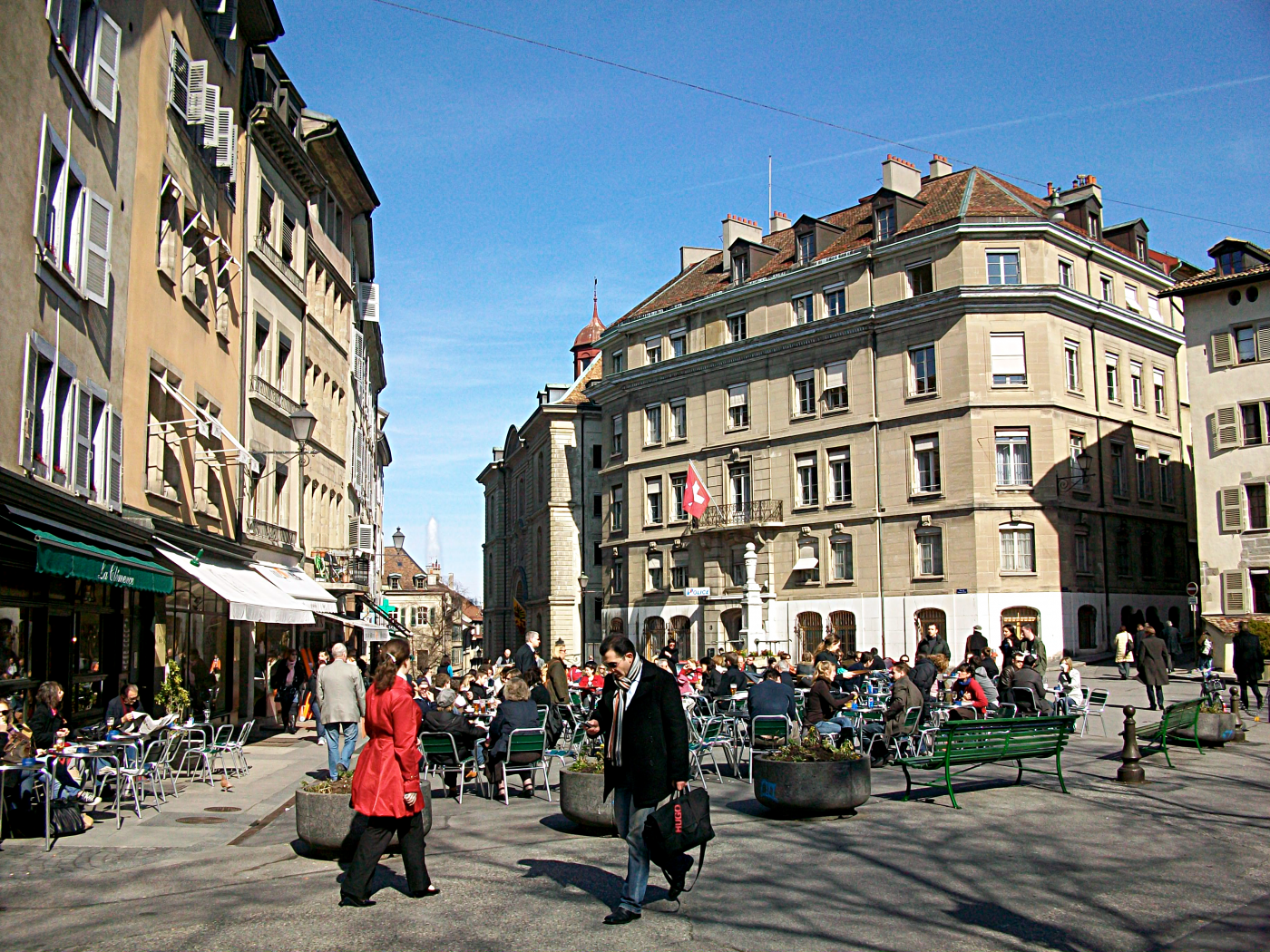
Lunchtime in Geneva. Exactly the kind of thing it’s hard to afford with no job…
Aimlessness
The problem with not having to do anything is it’s far too easy to do nothing. For the first few months after I left practice opening up my laptop was next to impossible. There were cities to visit, people to meet, beers to drink. Over time it got easier, but never actually easy. (Getting up before noon is still one of the hardest parts of self employment.) Having a job means structure and deadlines, all the things that make actually getting stuff done happen. Take that away, mix well with a permissive environment, and it’s hard not to answer “what did you do last year” with “welllllll…”
Real Life
I know a man who owns a bar in Chiang Mai. He’s a British expat who spends his days in town and his evenings drinking with friends on the patio he owns. Travelers meet plenty of these people along the expat trail, and we all stare with envy at the folks who left real life behind to carve out something new. They make it incredibly hard to come back to jobs, bills, gym memberships and taxes. Yes, there are many reasons to come home and build a life, but it’s hard not to sit back down behind a desk and think “there are people who don’t have to do this every day. I’ve met them.”
“I could be them.”
- Write More Listicles - August 12, 2021
- Find The Hard Interview - July 28, 2021
- Using Your Voice - August 22, 2018

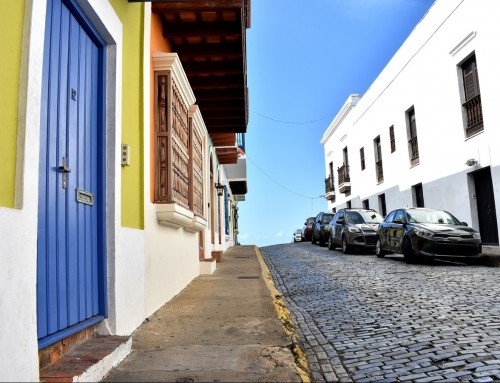
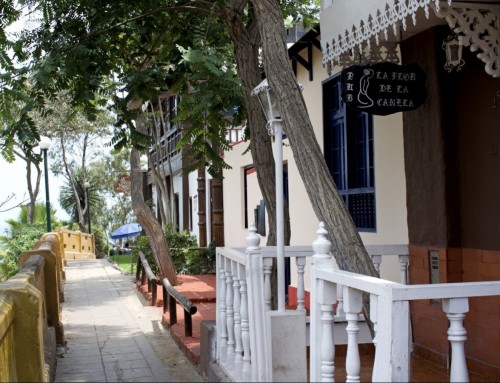
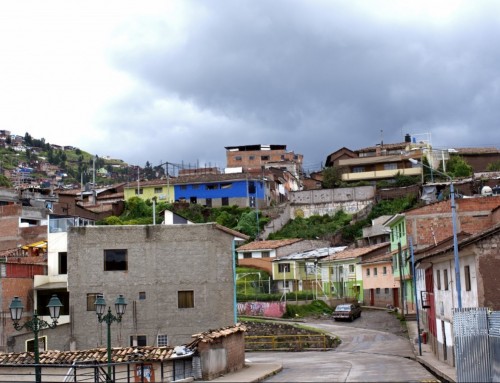


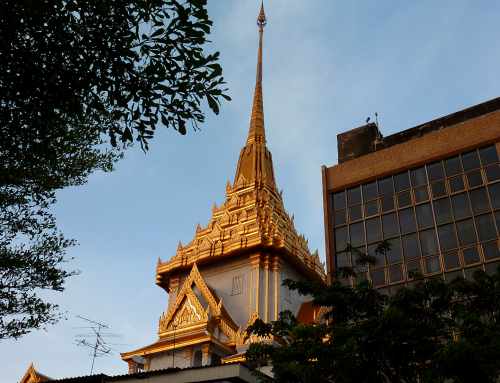
Leave A Comment